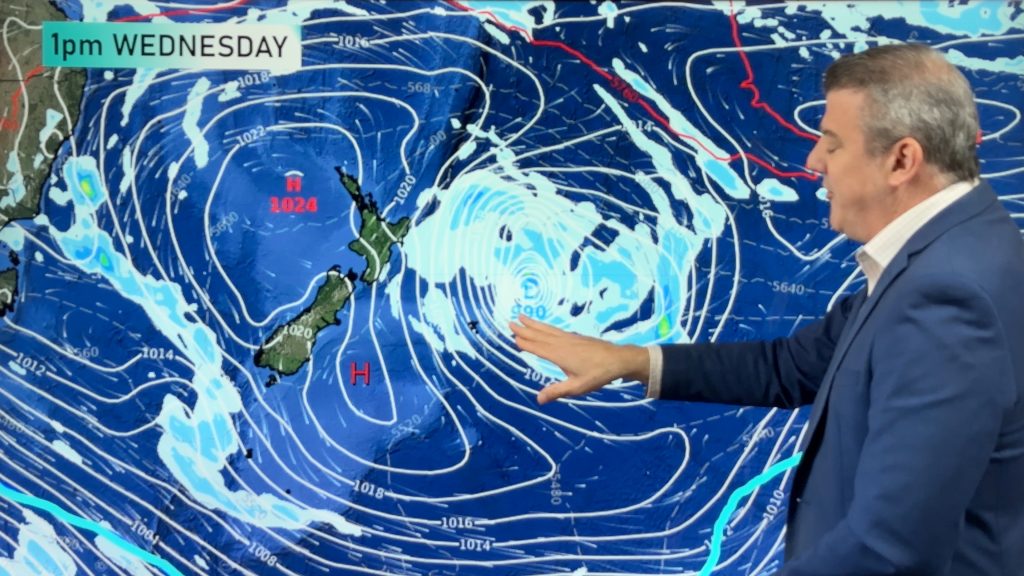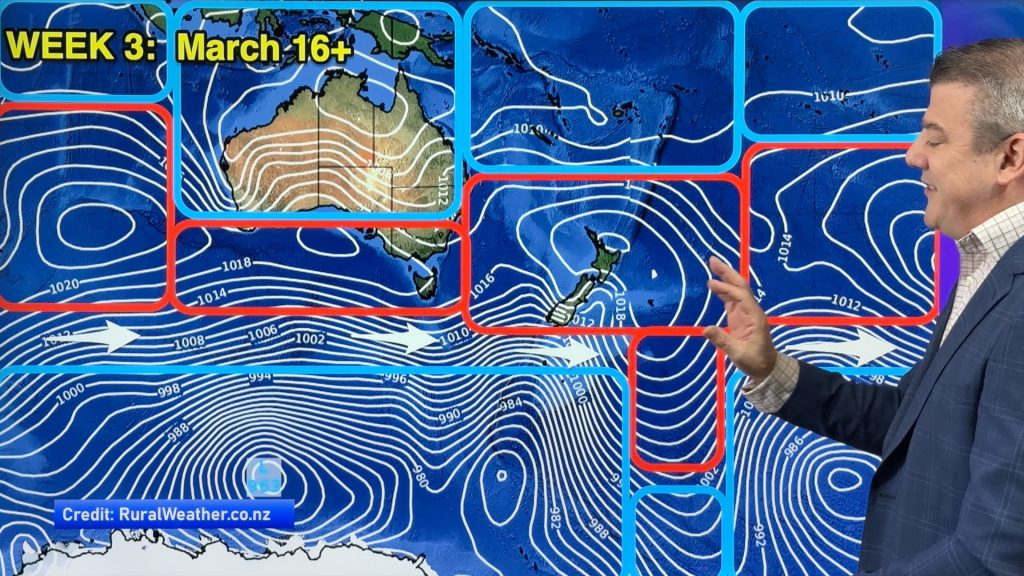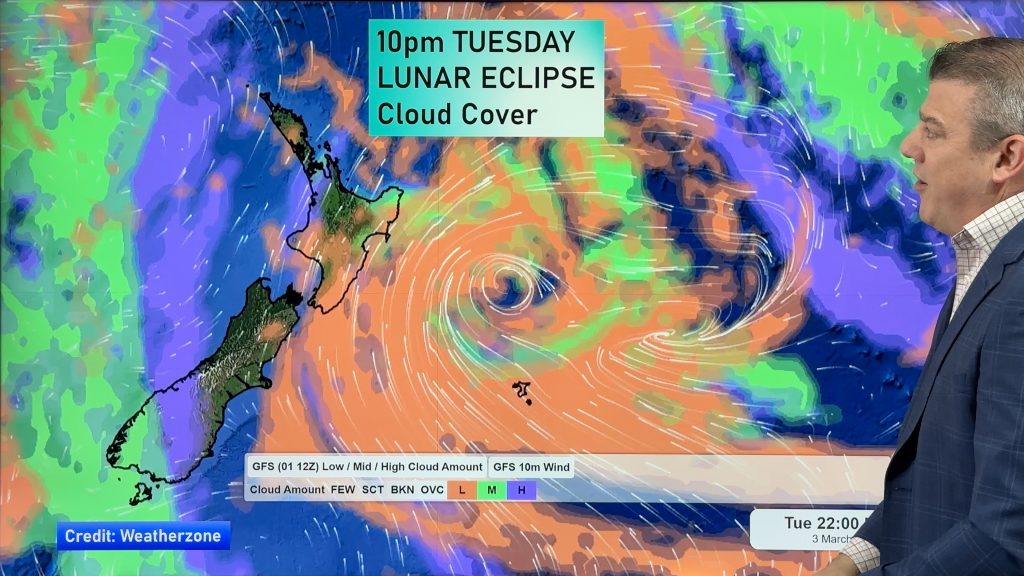
> From the WeatherWatch archives
Dr George Laking MD PhD FRACP, Te Whakatohea, is a Medical Oncologist who lives and works in Auckland. He is an Executive Member of OraTaiao: New Zealand Climate and Health. These are Dr Laking’s personal views via nzherald.co.nz
This month the International Energy Agency published its latest World Energy Outlook. It says if high-carbon energy investment continues for more than five years, atmospheric carbon dioxide will unavoidably overshoot 450 parts per million and global warming will exceed 2C.
The agency’s chief economist says “I am very worried – if we don’t change direction now on how we use energy, we will end up beyond what scientists tell us is the minimum. The door will be closed forever .”
The IEA is not a fringe organisation, and it is not alone in accepting the scientific work of the Intergovernmental Panel on Climate Change. The World Bank says “The countries of the world must act now, act together and act differently on climate change.”
Senior officers from the UK Ministry of Defence identify climate change as “an immediate, growing and grave threat” to global health and security. Leading international medical journal The Lancet calls climate change “the biggest global health threat of the 21st century”. Risks include extreme weather events, loss of food and political security, and increased range of infectious diseases. The World Medical Association has urged doctors to take action to mitigate the effects of climate change.
It has not been easy to get this message across. People have long known fossil fuels to be non-renewable. The surprise is that before they run out, fossil fuels will harm us. Fossil energy is the basis for our way of life. No wonder modern societies find it so hard to give it up.
In New Zealand, the Act Party is at the front of resistance to climate change policy. It is a paradox that Act claims to value rational thinking and hard choices. Act’s denial of climate change has evolved over time. Rodney Hide said it was a hoax. That view still has support in New Zealand, as shown by newspaper letters the day after it snowed in Auckland. Don Brash concedes there is warming but says humans are not the cause. His evasive responses on flooding of atoll nations suggest a view that even if humans were the cause, such effects would be the “price of progress”.
Act’s attitude to climate change marks one of the most anti-scientific phases of our history. The National Institute for Water and Atmospheric Research has had to defend legal action filed by Act’s Northland Candidate, Muldoon-era Energy Minister Barry Brill, claiming the New Zealand temperature record is faulty. The record confirms our temperature has risen by about 0.9C over the last century.
During this time, temperature stations have moved from sea-level to hillsides, reflecting coastal urbanisation. Because it is a degree cooler on hillsides than at the coast, the raw data record of temperature seems to show little change. This basic fact has completely fooled ACT. The effect of their legal canard is to further increase doubt about climate change, and further delay action by New Zealand.
It is wrong to think our country’s actions do not matter. The most basic moral rule is “do as you would be done by”. The fact we continue on our high carbon development track shows how far we have moved as a society from the values we claim to espouse.
Earlier this year, several groups wrote to the Prime Minister to seek his personal commitment to address climate change. Writers included senior doctors, business leaders, and lawyers. The letters met with no response. There is no evidence John Key actually read any of this correspondence seeking his personal views. We were told it had been passed on to the Environment Minister.
Climate change is a serious enough issue for the International Energy Agency, the World Bank, the World Health Organisation, the World Medical Association, and the UK Ministry of Defence to urge global action. Surely it is serious enough for our Prime Minister to show some leadership of his own?
Senior members of the National Government will not see that climate change is actually a serious threat. Finance Minister Bill English referred to purchase of low-emission Ministerial cars as a “fad”. Bill English is intent on mining Southland’s lignite and offshore oil prospecting at Raukumara and the Great Southern Basin. These are exactly the practices the IEA is advising against.
The National Party was able to reach and hold its position on high-carbon development because anti-scientific views on climate change went unchecked. Act’s electoral future will be decided in Epsom, one of the wealthiest, most educated electorates. It is home to our most elite schools and a campus of our leading University. Why are Principals and Vice-Chancellors not speaking out against anti-scientific views that threaten our collective future?
Human success has always been based on changing the environment. Now we have reached a limit to change of the natural environment. We must change the way we grow food, the way we travel, and the way we think about the future. And we must make these changes now. New Zealand has until November 26 to wake up to what is happening in the world.
We simply cannot afford another three years of burying our head in the sand. It will help a lot if science is not dragged through the dirt, yet again, in Epsom.
– Homepage image / File, Laura Jerome
To comment, visit his page at nzherald.co.nz by clicking here
Comments
Before you add a new comment, take note this story was published on 17 Nov 2011.





Add new comment